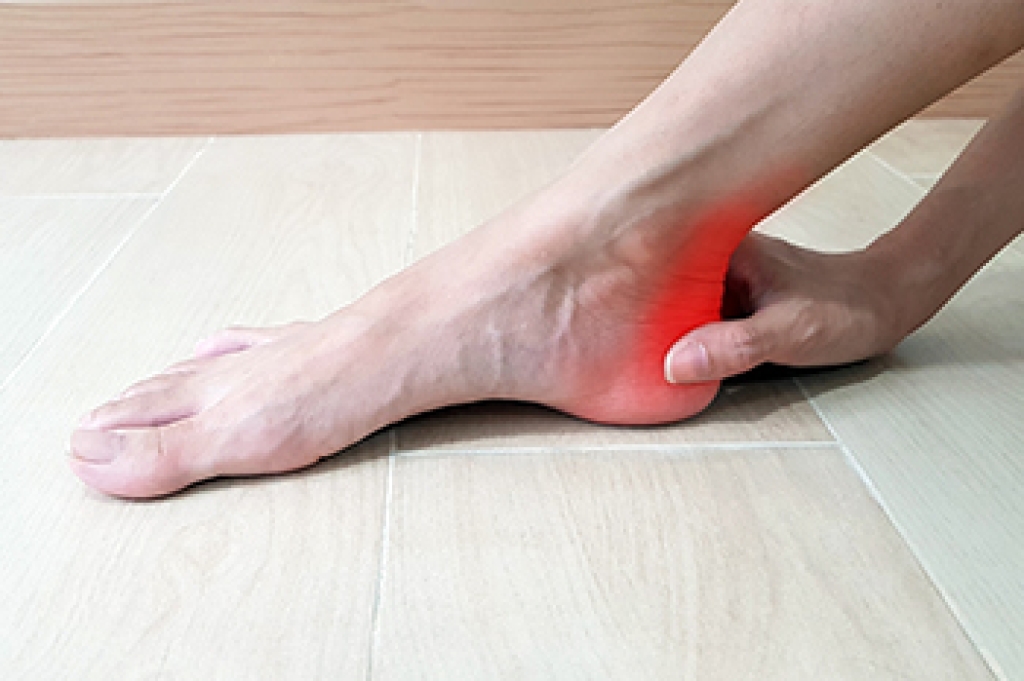
Podiatry is a medical specialty devoted to the diagnosis and treatment of conditions affecting the feet, ankles, and lower legs. People often seek help from a podiatrist because of pain, swelling, numbness, or changes in skin and nail appearance. These problems may be caused by injury, overuse, circulation problems, or chronic conditions such as diabetes. A podiatrist begins care with a detailed medical history and physical examination, followed by imaging or testing when appropriate. Treatment then progresses to personalized care plans that may include medication, custom orthotics, footwear guidance, targeted exercises, and preventive education. Podiatrists also address infections, wounds, and structural concerns, while helping patients protect their balance and mobility. Early podiatric care can reduce complications and support long-term foot health. If you have problematic foot or ankle conditions, it is suggested that you schedule an appointment with a podiatrist.
If you are experiencing pain in the feet or ankles, don’t join the stubborn majority refusing treatment. Feel free to contact one of our podiatrists from New Jersey. our doctors can provide the care you need to keep you pain-free and on your feet.
What Is a Podiatrist?
Someone would seek the care of a podiatrist if they have suffered a foot injury or have common foot ailments such as heal spurs, bunions, arch problems, deformities, ingrown toenails, corns, foot and ankle problems, etc.
Podiatric Treatment
A podiatrist will treat the problematic areas of the feet, ankle or lower leg by prescribing the following:
- Physical therapy
- Drugs
- Orthotic inserts or soles
- Surgery on lower extremity fractures
A common podiatric procedure a podiatrist will use is a scanner or force plate which will allow the podiatrist to know the designs of orthotics. Patients are then told to follow a series of tasks to complete the treatment. The computer will scan the foot a see which areas show weight distribution and pressure points. The podiatrist will read the analysis and then determine which treatment plans are available.
If you have any questions, please feel free to contact our office located in Neptune City, NJ . We offer the newest diagnostic and treatment technologies for all your foot care needs.




